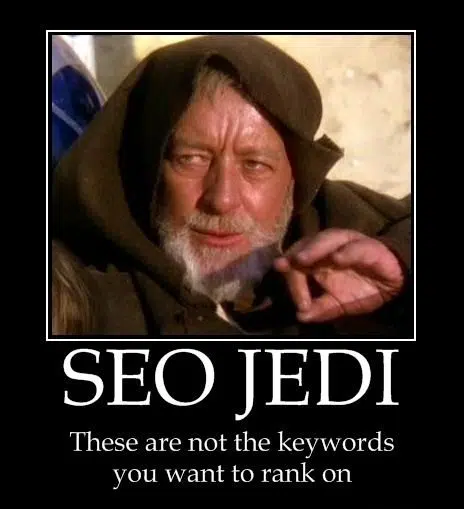When starting any kind of SEO strategy, the most important factor that determines a campaign’s success or failure are the keywords chosen. Keywords will be the driving force for the content created for a client in terms of blogs and service pages. They also play a large role in the type of visitors that land on the website. Picking the right keywords can make the difference between a converted visitor, or one that bounces.
Facts About Keywords for SEO
Keywords, as they relate to an SEO campaign, can range from two to five words – although some clients use one-word keywords. It’s important that the keywords you choose are relevant to your site’s goals and match the subject matter of the site. It is not a good idea to optimize for generic keywords since those keywords might have more traffic and monthly searches because in the long run it is not realistic. “Orthopedic” is a generic keyword. However, if your client is an Orthopedic Surgeon in Wayne, NJ, the better keyword option might be “Orthopedic Surgeon Wayne NJ”. With generic keywords you will most certainly get some visits in the beginning but they will not convert into quality leads because the traffic you get is not really interested in your website. They may be looking for orthopedic surgeon salaries or orthopedic shoes. When you choose the right keyword combination for your site, you are pre-screening the potential lead/visitor and ensuring they are indeed qualified. Most SEO’s will cast a wide net and attempt to rank for keywords that are not 100% related to the brand or the content on the site. This may cause some conversions, but mostly bounces.
Acc Pro Tip: Don’t forget if you are using Meta Keyword tag a lot (and you should not be nowadays because it has gone the way of the dodo), you are essentially telling your competition your whole keyword strategy if they happen to look at your website’s code. The better solution is to focus on content. Attacking less competitive niche keywords is the best strategy since all clients have services or business models that may be unique. For example, if you have a plastic surgeon client who offers a certain type of breast surgery not offered by his competition -that will be something that while the search volume will be low the conversions will almost be guaranteed. Some of these niche keywords are less obvious and will take more creativity to discover on the part of the SEO team.
Top Tools for Analyzing Keywords
The go to keyword tool that delivers the most info for the lowest cost (free) is the Google keyword planner tool. It shows you ad competition, the current month’s search volumes, and the average search volume for the selected keywords. We have found this tool is not only great for PPC campaigns, but for creating keyword lists for SEO efforts. Other premium paid keyword tools are Keyword Discovery and WordTracker. Both these tools like the Google Keyword tool do not require any downloads and can be used within a browser window. With both of these tools a more thorough analysis of your keywords across all search engines will be gathered.
Acc Pro Tip: When looking for competitive keywords, be sure to type them in Google. Take the urls that appear in the SERP and insert them into the Google Keyword Tool using the handy dandy land page option. Google will crawl the links and return keywords from that URL that you can use for your client. And BOOM! In just a matter of minutes you have a list of keywords with the groups made for your client. So you may be asking yourself Acc, what is the most effective way to use a keyword tool? Well the first step is to think like your audience and more importantly your ideal customer. If you build websites and do marketing, some keywords might be “best website design” or “professional website”. When researching these words do not pay attention too closely to grammar or spelling since spelling errors are very common when searching on Google. Additionally do not use industry terms or words that someone looking for a new website would not type in. Just because you know what “responsive web design” is does not mean someone looking for a new website will.

Keyword research and strategy is often overlooked or done poorly in the beginning of a campaign, causing the campaign to struggle in the long run. It may sound cliché but keyword research is the road map that will guide your content, so using the data at hand and getting creative is key.

